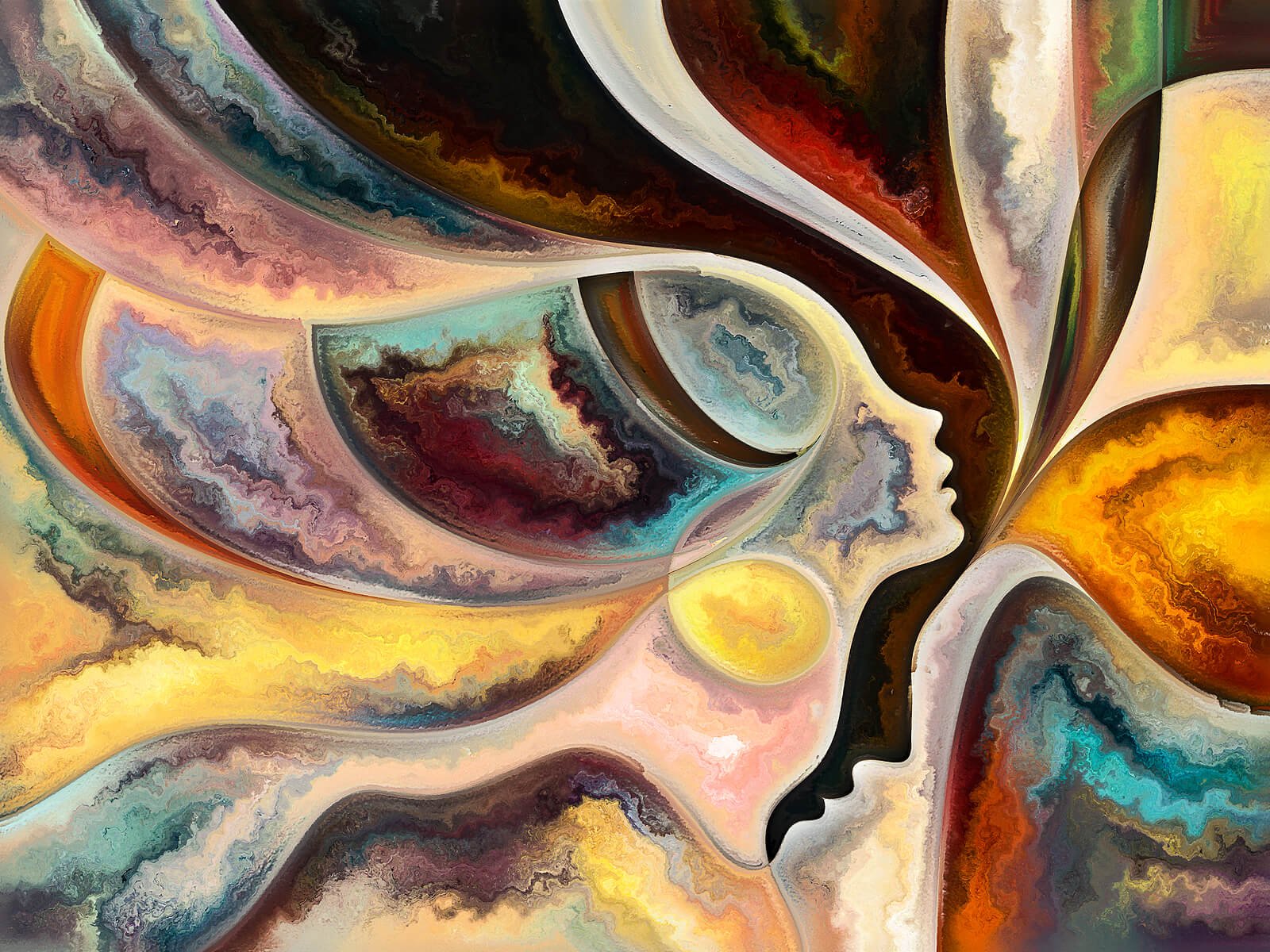How an Afro-Latina Used Film to Combat Her Inter-Generational Trauma
The debut feature film by Rebeca Huntt is a vulnerable and intimate visual journal of her life. She uses poetry and stimulating visuals to take you on an introspective journey through her life as a first-generation daughter of a Black Dominican father and a Venezuelan mother.
How Generational Trauma is used
Generational trauma is wrapped around all of us. Some of us are more aware of it than others. And for Rebeca, it’s been screaming right in front of her. She says “ I carry an ancient pain I struggle to understand”. Generational Trauma (also known as intergeneration or transgenerational trauma) is the passing down of the effects of traumatic events from generation to generation. These are often oppressive acts that families have had to survive. And the effects are often perpetuated through cultural norms and systems created by people in positions of power.
There’s also evidence that the traumas our ancestors faced have caused an imprint in our genes, staying with us like a battle scar. You may have heard the saying “the body keeps the score”. This is a reference to generational trauma and others ways trauma lives within us and among us. Examples of generational trauma can include ancestors that experienced poverty, genocide, geographical displacement, physical and sexual violence, and many more.
Though we don’t always get the full details of her family’s traumas, Huntt explores the ways they are manifested through her parents. It starts in a place where so many millennials and gen z’s find themselves in these conversations with family: a wall of avoidance.
What Keeps Us “Stuck” In Our Trauma?
Avoidance is one of the biggest and most important symptoms of Post Traumatic Stress Disorder. It’s what keeps us “stuck” in our traumas. We all manifest it differently. Examples of avoidance include the avoidance of thoughts, places, activities, or people that might remind you of your trauma. For some, it’s staying really busy so they don’t have to be alone with their thoughts. For others, it’s engaging in substance use as a form of self-soothing for all the other symptoms of PTSD they may be experiencing.
Rebeca’s parents show their avoidance by refusing to explore certain questions. Her father often responds by saying “I pass on that” when asked about certain family dynamics. Her mother answers “I can’t answer that question” in Rebeca’s question about raising Black children. You watch Rebeca struggle with her mother’s avoidance… calling it a microaggression.
My skin crawled remembering the countless times when my parents looked at me like I’m the problem for bringing up something that would otherwise be a non-issue. This is what gaslighting feels like. It always feels worse when it comes from inside the house. In her frustration, her mother eventually chose to let her guard down. The answer wasn’t so controversial. As a mother, she made every effort to combat the anti-blackness she encountered from lighter-skinned Latinos.
How Racial Trauma Impacts Us
Race continues to be the theme throughout the rest of the story. Racialized trauma is the next lens I switch to as Rebeca speaks more intimately about her own identity. Racial Trauma, or race-based stress, is the real and perceived experience of a discriminatory event based on someone’s race. Experiencing racial trauma isn’t always just one event. It can also be a gradual exposure to systems that make you feel dehumanized. Racial trauma can range from experiencing and witnessing chronic injustice to people that look like you… all the way to being called the one other Black person’s name in the workplace for months on end.
Rebeca admits to her internalized racism by telling us about an incident where she attacked a classmate when they told her she was Black. Internalized racism is one of the many effects of racial trauma…a defense mechanism built in response to being told your whole life that you are far from the standard and what is most admired. It was when she went to college that she finally built the vocabulary and tools to understand her Blackness differently. It takes being fully immersed in whiteness to truly recognize your own blackness sometimes. This really hit home for me, as someone who went all the way to the University of Vermont to escape my family traumas in exchange for chasing whiteness. But that’s a story for another time…
Using Avoidance to Distance Yourself From Trauma
It’s in this part of her journey that you see Rebeca engage in her own forms of avoidance. Living away in college is a perfect segway to avoid the people, places, thoughts, and activities that remind you of your trauma. She starts to struggle to maintain contact with her sister who expresses a desire for connection. The same sister who choked her at age 10 and then gave her a joint as an apology. She distances herself from her Black classmates who warn her of the ways her white peers will see her, which she soon enough realizes.
At first, she makes her white friends feel safe by speaking Spanish, acting as a reminder to them that she's “that kind” of Black person… palatable, digestible, unthreatening. She invites us into a room where she finds herself alone amongst a group of young liberal white people who are entitled enough to believe they could have a conversation about race with a Black person and way too ignorant to recognize the damage they are causing their friend.
This is a story about a person trying to break through this avoidance. It’s hard, it’s thankless… it’s also brave. She ends the film with a plea to her family. An expression of hope that her family doesn’t disown her and break ties after releasing such an intimate story. But her need to explore this has been so strong, so imminent, that it was a risk she was willing to take. After all the awareness of the ways she’s been impacted by her family trauma, she still has a longing to be a part of it. She ends with a promise to them that “This is the last time I’ll snitch”.
Begin Generational Trauma Therapy in New York, NY
Are you struggling with generational trauma just as Rebeca did in the show Beba? At Restority Space I understand the struggle of trauma and can provide you with the support and guidance you need to overcome your trauma. To get started follow these three simple steps:
Contact me to schedule a 15-minute phone consultation
Meet with me, a skilled trauma therapist
Begin your journey to healing your trauma.
Other Services Offered at Restority Space
At Restority Space, generational trauma therapy isn’t the only service I offer. I’m committed to providing the care women may need when it comes to overcoming their mental health struggles online in both New York and New Jersey. I offer Individual Therapy to help women cope with their anxiety, depression, breakups, unhealthy relationships, and any major life transitions. I also provide Group Therapy to help individual women find a sense of belonging and for more support. My group services include a Therapy Group For New Mothers and a Therapy Group For Black Women. To learn more check out my blog and other resources!




